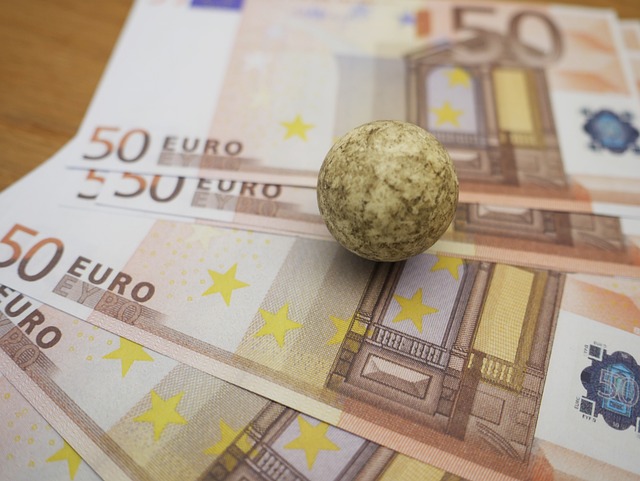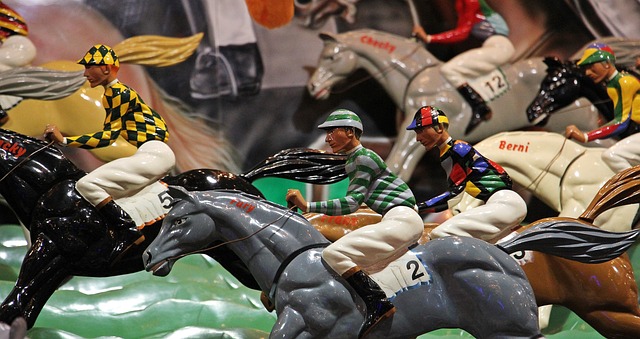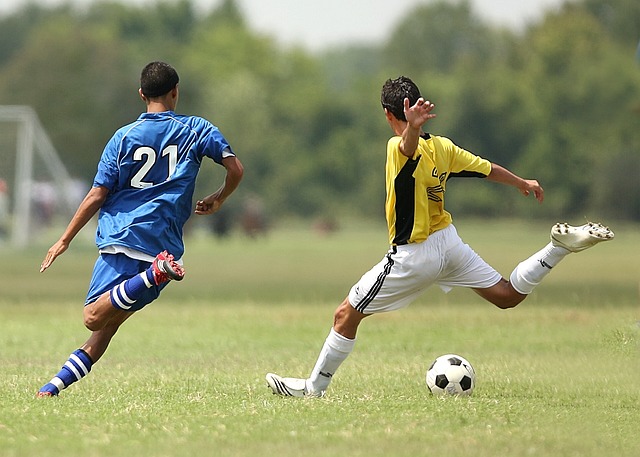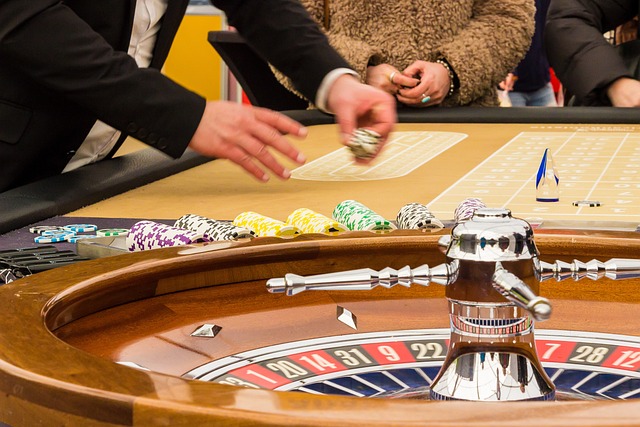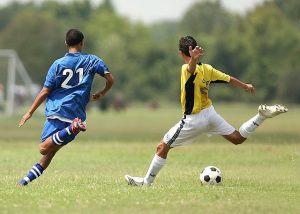In the world of betting, be it on the stock market or in everyday life, cognitive biases play a central role in decision-making. These unconscious psychological biases can significantly influence the way we process information and make decisions. In particular, two types of biases, the gambler’s fallacy and the confirmation fallacy, have a strong influence on betting behavior. This article provides a comprehensive insight into these phenomena and suggests strategies to overcome their effects.
Gambler Fallacy: The Illusion of Control

The gambler’s fallacy (also known as the Monte Carlo fallacy) relies on the false assumption that past events can influence future events in purely random processes. A classic example is the assumption that when a coin is tossed, the probability of heads increases if tails have fallen several times before. In the world of betting, this fallacy often manifests itself in the belief that a losing streak is “due” for a turnaround or that after a winning streak you are “hot” and will keep winning.
This bias causes bettors to systematically misjudge their chances and make decisions that are not mathematically justified. It arises in part from the human need for pattern and control in a world often characterized by chance and uncertainty.
Confirmation fallacy: The trap of selective perception
The confirmation fallacy describes the tendency to search for, interpret, favor, and remember information in a way that confirms one’s preconceptions or hypotheses. In the context of betting, this bias manifests itself when people only notice the successes of their bets and ignore the losses, or when they overvalue information that supports their betting strategy and undervalue evidence to the contrary.
This selective perception can lead to overconfidence, which impairs the bettor’s ability to objectively evaluate and adjust. It can also lead to betting based on anecdotes or perceived “hot tips” rather than sound analysis.
Strategies for Overcoming Cognitive Biases

Awareness of these biases is the first step to mitigating their impact. Below are some strategies that can help:
- Objective data analysis: Develop a habit of making decisions based on data and statistics rather than feelings or past results. Statistical analysis tools and methods can help determine objective probabilities.
- Keeping a betting diary: Keeping a detailed log of bets made, including considerations and outcomes, can help identify patterns in one’s behavior and identify the effects of biases.
- Diversification: By spreading your bets across different events, games or markets, you can reduce risk and minimize the impact of miscalculations due to bias.
- Setting rules and limits: Determine in advance how much you are willing to lose and stick to those limits. This can help avoid making emotional decisions in the heat of the moment.
- Constant learning and self-reflection: Stay open to new information and perspectives and regularly question your assumptions and decisions. The willingness to learn from mistakes and make adjustments is crucial.
- Seek impartial advice: Sometimes advice from people not involved in the bet can provide valuable insight and help identify your own biases.
Ultimately, the goal is not only to bet more successfully, but also to develop a deeper understanding of your own thought processes and promote a more critical way of thinking.
